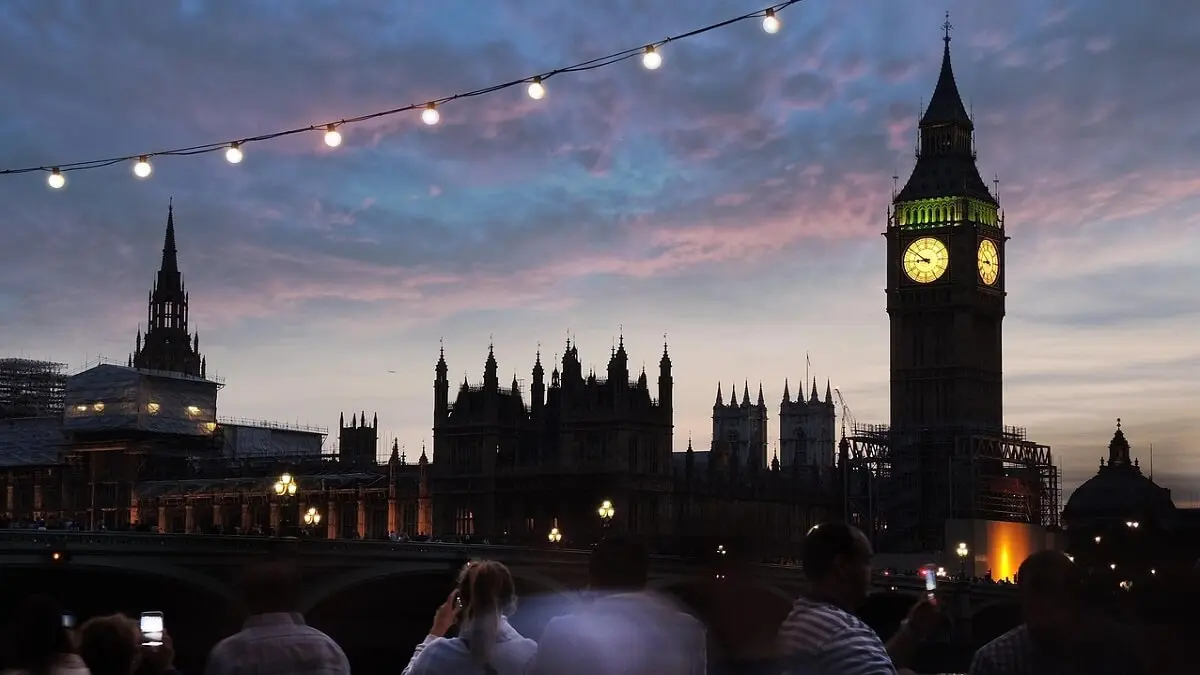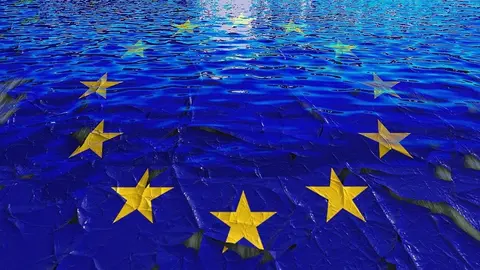First expel, appeal later

The United Kingdom, now ruled by Labour Party Prime Minister Keir Starmer, has increased to 23 the number of countries to which it has begun deporting immigrants convicted of a crime before their appeals and reviews are examined.
After starting the experiment with Tanzania, Estonia and Belize, which were joined by five other countries, London has now signed, or is in the process of signing, agreements with 15 other countries to take in convicted immigrant criminals, who will wait in their new destination for their asylum applications to be processed. Angola, Australia, Botswana, Brunei, Bulgaria, Canada, Guyana, India, Indonesia, Kenya, Latvia, Lebanon, Malaysia, Uganda and Zambia make up the new wave of countries receiving immigrants convicted in the United Kingdom.
Yvette Cooper, the British Home Secretary, summed it up as follows: ‘For too long, foreign criminals have benefited from our immigration system by staying in the UK for years while their appeals drag on.’ The British government itself has had no qualms about estimating the cost of keeping a prisoner in prison each year at 54,000 pounds, or around 62,000 euros.
The measure, which was introduced somewhat timidly in 2024 with Starmer's arrival in power, aims to be fully implemented immediately in order to counter the rise of the Reform UK Party, which advocates curbing immigration, especially illegal immigration, which has increased since the country left the European Union. The British Labour government already estimates that 5,200 convicted immigrants have been deported to other countries, whose legislation and sovereign will will ensure that such criminals serve - or do not serve - the sentences imposed by British courts.
This new measure joins those already adopted by Keir Starmer against the leaders of mafias that profit from illegal immigration. Last July, the government adopted the first sanctions against 25 individuals, including the freezing of all their bank assets and a ban on residing in the United Kingdom. All of them are accused of ‘actively participating in the flood of asylum seekers (23,500) who arrived in the country on small boats after crossing the English Channel so far this year.’
The Starmer-led government has also had no qualms about releasing to the media, including AFP, the identities of the main targets of these sanctions against the mafias that traffic in human beings, based mainly in the Balkans and North Africa. Notable names on the list include Bledar Lala, an Albanian who runs illegal immigrant trafficking between Belgium and the United Kingdom; Alen Basil, a former translator for the Metropolitan Police who now heads a mafia based in Serbia; Mohammed Tetuani, who runs an ‘immigrant camp’ in Horgos, also in Serbia, where violent abuse is commonplace; Mohammed Jadir-Pirot, the ‘hawala banker’, who organises the collection and distribution of money from those who pay for their clandestine passage from Iraqi Kurdistan to Europe via Turkey; and even a Chinese company, Weihai Yamar Outdoors Product Co., a manufacturer of inflatable boats used for the clandestine transport of human beings.
In this regard, it is also worth noting the statement by David Lammy, British Secretary of State for Foreign Affairs: ‘The United Kingdom is waging a war from Europe to Asia against people smugglers who are facilitating irregular immigration.’



